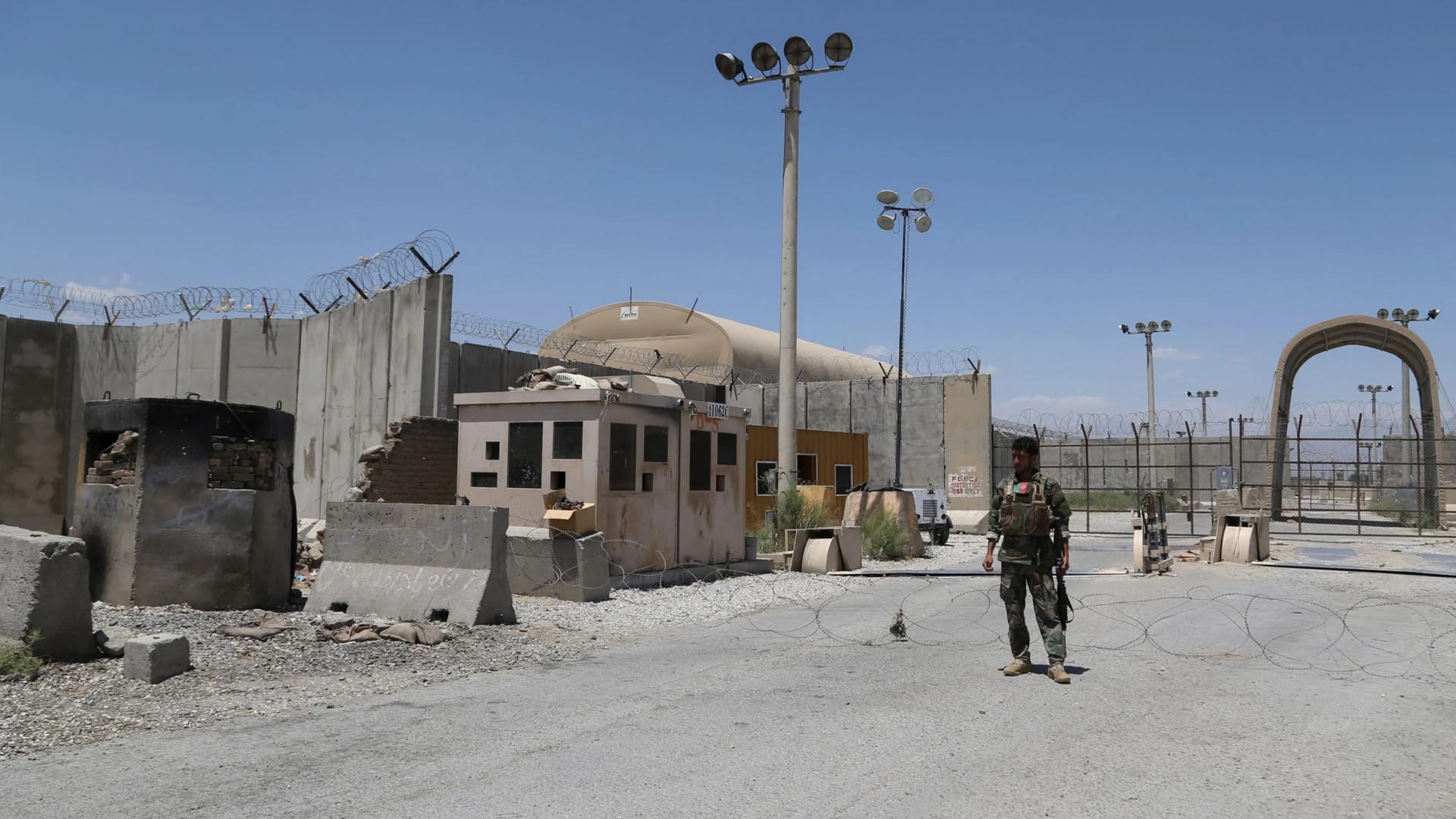
Taliban rejects Trump's demand to return Bagram airbase
What's the story
The Taliban has rejected United States President Donald Trump's demand to return the Bagram airbase in Afghanistan. The airbase served as a major military hub for the US before the Taliban took control in July 2021. "Afghanistan is fully independent, governed by its own people, and not dependent on any foreign power," said Fasihuddin Fitrat, Chief of Staff of the Armed Forces.
Threat issued
Trump threatens Afghanistan with 'bad things'
Trump had earlier threatened Afghanistan with "bad things" if it didn't return the airbase. He used the issue to criticize his predecessor for leaving American military assets in Taliban hands. The Bagram airbase is located about 64km from Kabul and was a key center of US operations after the 9/11 attacks. Its strategic location at the crossroads of Iran, Pakistan, China's Xinjiang province, and Central Asia makes it important for regional influence and surveillance over Eurasia.
Withdrawal agreement
US and NATO troops withdrew from Bagram in July 2021
The US and NATO troops withdrew from the Bagram airbase in July 2021 under a peace deal signed during Trump's first administration. The deal was completed under President Joe Biden's administration. Trump had previously said he wanted to keep control of Bagram not for Afghanistan but because of China, mentioning its strategic location relative to Chinese interests. However, investigations have found no evidence supporting claims that China has established a presence at the base since the Taliban took over.
Presence rejected
US, Taliban in talks recently
Zakir Jalal, a Taliban foreign ministry official, has dismissed the idea of any US military presence in Afghanistan. He said this was completely rejected during talks before the Taliban returned to power. The US and Taliban have been in talks recently, with a focus on Americans held in Afghanistan. A Chinese foreign ministry spokesman said China respects Afghanistan's territorial integrity and sovereignty, adding that its future should be determined by Afghans.